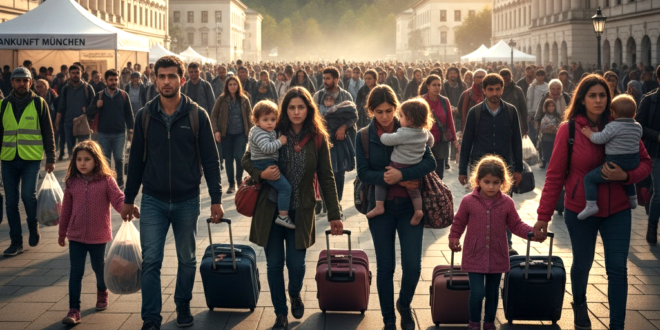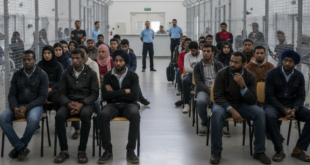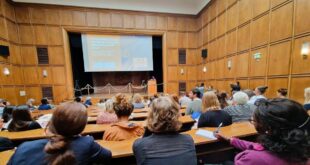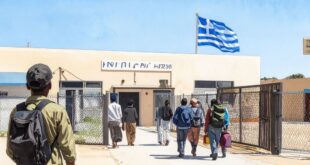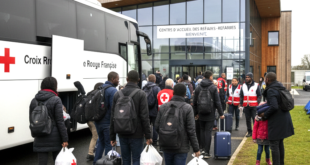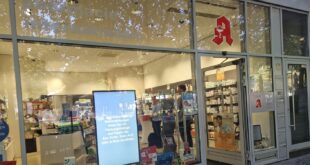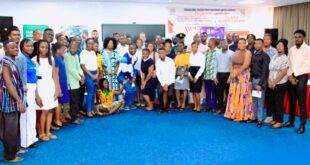Berlin, 25 September 2025 – Ten years after the so-called “summer of migration,” Germany is taking stock of one of the most transformative moments in its recent history. The Heinrich Böll Foundation, in cooperation with the German Center for Integration and Migration Research (DeZIM), will host an expert conference titled “Between Open Arms and Closed Borders – A Decade of Flight and Arrival in Germany” on Tuesday, 21 October in Berlin.
The year 2015 marked a watershed moment when Chancellor Angela Merkel’s decision to open Germany’s borders to hundreds of thousands of people fleeing war and hunger in Syria redefined the country’s humanitarian stance. Her famous words, “Wir schaffen das” (“We can do this”), captured both the optimism and the immense challenges that lay ahead. Scenes of solidarity unfolded across Germany as municipalities, cities, and ordinary citizens mobilized to welcome newcomers. Sports halls were converted into shelters, container villages sprang up, and tens of thousands of families opened their homes to refugees.
But the open-handed reception was soon met with fierce resistance. Right-wing populist groups exploited the situation to advance nationalist and anti-immigrant agendas. The rise in xenophobic rhetoric was accompanied by a surge in violent attacks on refugee accommodations. The “welcome culture” that had garnered global admiration now stood contested within German society.
Reflecting on the decade from 2015 to 2025, the conference will not only revisit the arrival of Syrian refugees but also draw comparisons with the reception of Ukrainian refugees from 2022. Both moments shed light on the inconsistencies and lessons of German and European asylum policy, highlighting questions of equity, resource allocation and political will.
The event will bring together influential voices from politics, academia, trade unions and civil society. Confirmed speakers include Prof. Dr. Oliver Junk (former Mayor of Goslar), Lamya Kaddor (Member of the Bundestag, Greens), Karl Kopp (Pro Asyl), Prof. Dr. Petra Bendel (University of Erlangen-Nuremberg), Emiliano Chaimite (Afropa e.V.) and Dr. Fessum Ghirmazion (IG Metall), among others.
According to the organizers, the discussion will not only review the past but also explore how migration and integration policies can be shaped in the future, amid rising nationalist rhetoric across Europe and the United States.
Participation will be possible both on site at the Heinrich Böll Foundation in Berlin (Schumannstr. 8) and online via livestream. The event will be held in German and English with simultaneous interpretation.
More details, including the full programme and registration link, are available on the Heinrich Böll Foundation’s website.
 THE AFRICAN COURIER. Reporting Africa and its Diaspora! The African Courier is an international magazine published in Germany to report on Africa and the Diaspora African experience. The first issue of the bimonthly magazine appeared on the newsstands on 15 February 1998. The African Courier is a communication forum for European-African political, economic and cultural exchanges, and a voice for Africa in Europe.
THE AFRICAN COURIER. Reporting Africa and its Diaspora! The African Courier is an international magazine published in Germany to report on Africa and the Diaspora African experience. The first issue of the bimonthly magazine appeared on the newsstands on 15 February 1998. The African Courier is a communication forum for European-African political, economic and cultural exchanges, and a voice for Africa in Europe.

